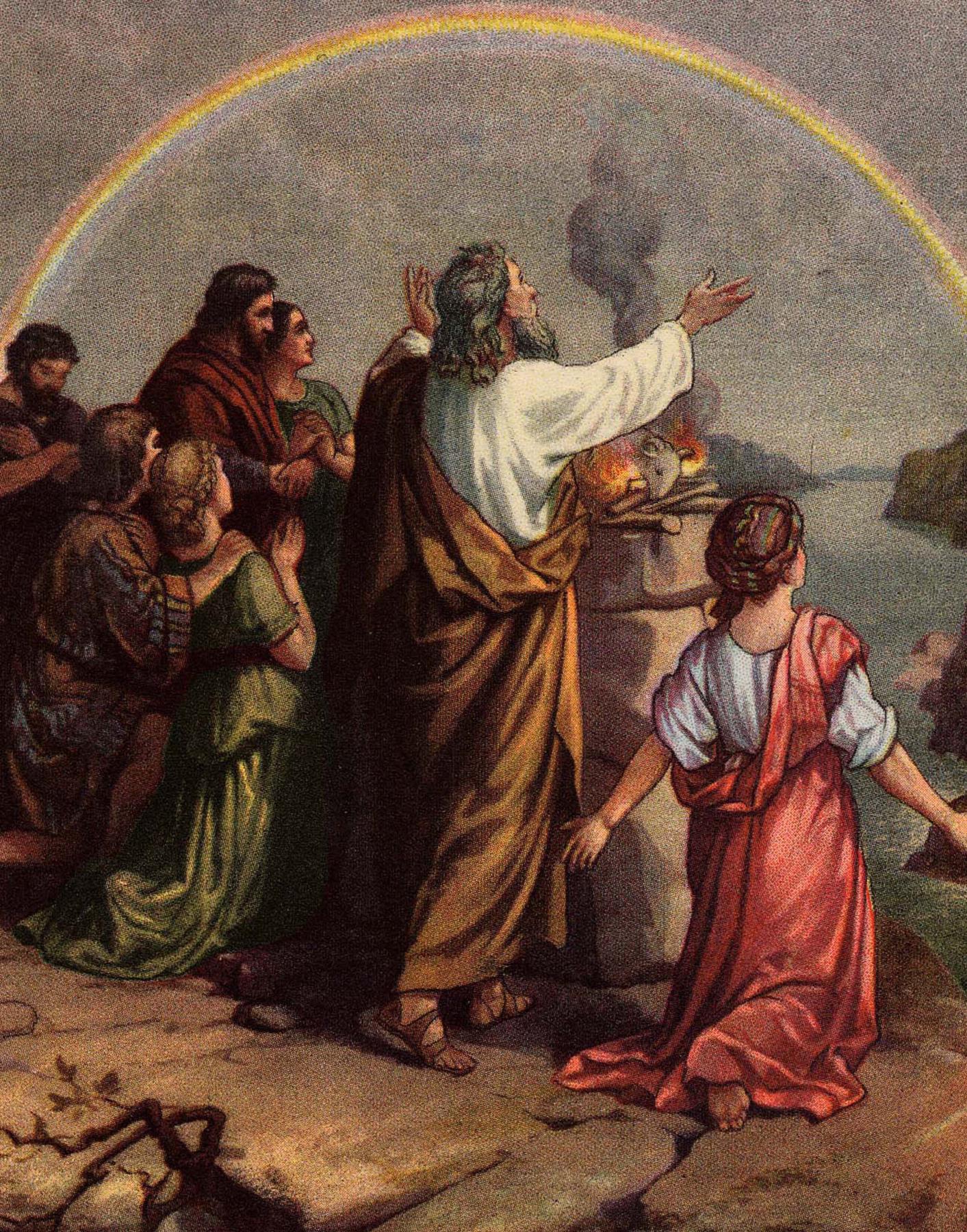Festivals In Leviticus

The book of Leviticus, the third book of the Hebrew Bible and the Christian Old Testament, is primarily concerned with the rules and regulations governing the priesthood and the sacrifices in the Israelite tabernacle. However, it also contains a significant amount of information about the festivals and holidays that were to be observed by the Israelites. These festivals were an integral part of the Israelite religious calendar and were designed to commemorate important events in their history, as well as to provide opportunities for worship, sacrifice, and celebration.
Introduction to the Festivals
The festivals in Leviticus can be broadly categorized into several groups, including the weekly Sabbath, the annual festivals such as Passover, Unleavened Bread, Firstfruits, Weeks (or Pentecost), Trumpets, Atonement, and Tabernacles, and other special days like the Day of Atonement. Each of these festivals has its unique characteristics, rituals, and meanings, which were meant to reinforce the Israelites’ covenant relationship with God and to remind them of their unique history and destiny.
The Sabbath
Before discussing the annual festivals, it’s essential to mention the Sabbath, which is introduced in Leviticus 23:3. The Sabbath, observed from Friday evening to Saturday evening, was a day of complete rest from all work, commemorating God’s rest after creating the world. It was a day for worship and for reinforcing the covenant between God and the Israelites. The Sabbath was not just a day of rest; it was also a day to acknowledge God’s sovereignty over creation and over the Israelites’ lives.
The Annual Festivals
Passover and Unleavened Bread: These festivals are described in Leviticus 23:4-8. Passover commemorates the night when the angel of death “passed over” the houses of the Israelites during the tenth plague in Egypt, sparing their firstborn sons. Unleavened Bread immediately follows Passover, lasting for seven days, during which no leavened products could be eaten, symbolizing the haste with which the Israelites left Egypt and the removal of sin.
Firstfruits: Mentioned in Leviticus 23:9-14, this festival was a celebration of the beginning of the harvest. It involved offering the first sheaves of barley to God, expressing gratitude for the new harvest and trusting in God’s provision for the rest of the harvest season.
Weeks (Pentecost): Detailed in Leviticus 23:15-22, Weeks or Pentecost was celebrated fifty days after the Firstfruits festival, marking the beginning of the wheat harvest. It was a time for offering thanksgiving for the harvest and was later associated in the New Testament with the descent of the Holy Spirit upon the disciples of Jesus.
Trumpets: Described in Leviticus 23:23-25, the Feast of Trumpets marked the beginning of the seventh month, which was sacred because it included several important festivals. The blowing of trumpets signaled the start of ten days of repentance leading up to the Day of Atonement.
Day of Atonement: Outlined in Leviticus 16 and 23:26-32, this was the most solemn day of the year, where the high priest made atonement for the sins of the people by entering the Most Holy Place. It was a day of fasting and affliction of the soul, emphasizing the seriousness of sin and the need for reconciliation with God.
Tabernacles: Described in Leviticus 23:33-44, the Feast of Tabernacles or Sukkot lasted for eight days and was a joyous celebration of the completion of the harvest. The Israelites were commanded to live in booths (sukkot) for seven days, commemorating their wilderness journey and expressing trust in God’s provision and protection.
Theological Significance
These festivals in Leviticus were not merely religious practices but carried deep theological significance. They reminded the Israelites of their redemption from slavery, their covenant with God, the importance of purity and holiness, and the anticipation of future redemption. Each festival, through its unique rituals and commemorations, reinforced the narrative of God’s interaction with His people, highlighting themes of creation, redemption, covenant, and the promise of a messianic age.
Practical Applications
For the Israelites, these festivals were not just theoretical knowledge but had practical implications for their daily lives. They provided a rhythm to the year, punctuating it with moments of reflection, thanksgiving, and celebration. By participating in these festivals, the Israelites reaffirmed their commitment to God, acknowledged His sovereignty over their lives, and looked forward to the fulfillment of His promises.
Conclusion
The festivals outlined in Leviticus are a testament to the rich spiritual heritage of the Israelites and their unique relationship with God. These festivals, with their rich symbolism and historical significance, serve as a reminder of the importance of worship, sacrifice, and obedience to God’s commands. Even today, these festivals continue to be celebrated by Jews around the world, albeit with some modifications over time, and hold symbolic significance for Christians, who see in them foreshadowings of the life, death, and resurrection of Jesus Christ. Understanding these festivals provides a window into the biblical worldview, highlighting the importance of community, tradition, and the covenant between God and humanity.
FAQ Section
What is the significance of the Sabbath in the context of Leviticus?
+The Sabbath, as described in Leviticus, is significant because it commemorates God’s rest after creation and serves as a reminder of the covenant between God and the Israelites, emphasizing rest, worship, and the acknowledgment of God’s sovereignty.
How do the festivals in Leviticus relate to the broader narrative of redemption in the Bible?
+The festivals in Leviticus, such as Passover, Unleavened Bread, and the Day of Atonement, are integral to the narrative of redemption, symbolizing and commemorating key events in Israel’s history, like the Exodus from Egypt, and pointing forward to the ultimate redemption through Jesus Christ.
What is the theological significance of the Feast of Tabernacles (Sukkot) in Leviticus?
+The Feast of Tabernacles is theologically significant because it commemorates the Israelites’ journey through the wilderness, living in temporary shelters, and looks forward to the messianic age when God will again tabernacle among His people, emphasizing themes of protection, provision, and the hope of future redemption.

